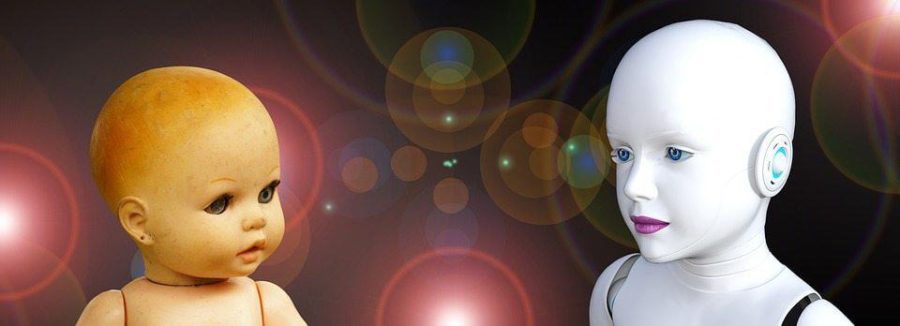With the recent news that scientists in the United States have used CRISPR gene editing technology to remove a disease-causing mutation from the DNA of a human embryo for the first time, many life-saving biotechnology breakthroughs seem closer than ever before.
But with those advances come the potential for much harm, if we don’t tread carefully, says Michael Bess, the Chancellor’s Professor of History at Vanderbilt University and author of the book “Our Grandchildren Redesigned: Life in the Bioengineered Society of the Near Future.”
“The most blatant risk to me is exacerbating the gap between the rich and the poor,” Bess says. “With the emergence of a biologically-based caste system, where some people have the ability to amplify themselves up to higher levels and the poor get left behind, we’d be taking the inequality that exists in our society and writing it into our very biology.”
Bess will discuss the potential benefits and pitfalls of recent breakthroughs in biotechnology during Dawn or Doom ’17, a conference on the risks and rewards of emerging technology. Dawn or Doom will be held Tuesday and Wednesday, Sept. 26 and 27, on Purdue University’s West Lafayette, Indiana, campus and is free and open to the public.
Dawn or Doom, which includes a track called Designing Humans: Bioengineering and Human Design, also will include featured talks by Robb Fraley, chief technology officer at Monsanto and a World Food Prize winner; Nicolas Thompson, WIRED editor-in-chief; Quentin Hardy, Google’s head editor; and Tom Bradicich, vice president and general manager of Hewlett Packard Enterprise. Other tracks at the conference include Designing Food, Designing Cities, Designing Information and Designing the Workforce.
The potential “dawn” Bess foresees from biotechnological enhancements in such areas as pharmaceuticals, bioelectronics and epigenetics sounds great: the ability to live “healthful, vigorous, mentally clear lives for decades longer than we do now.” But that dawn is not without a great deal of potential doom.
Inequality is not the only risk that worries Bess. He also fears these technologies could erode our sense of human individuality, leading us to treat people like commodities whose self-worth is determined only by their capabilities.
“You can slip rather easily into a mentality that becomes coldly comparative and forgets to respect people in basic ways,” he says.
Star Trek motivated Bess to research these topics. The character Data, a human-like android on the TV series “Star Trek: The Next Generation,” captivated him and he initially set out to write about artificial intelligence and the possibility of machines achieving human-like personality traits. As he began researching the subject, he realized that the possibility of humans modifying our own biology presented an even more pressing issue.
Even in the field of biotechnology, however, machines are ever present, Bess notes. In his book, he discusses some of the ways they may intersect with us, including through research that’s demonstrated that we have the ability to control robotic limbs with our minds.
“I think people underestimate just how profoundly we’re going to be merging with our machines over the coming years,” he says.


